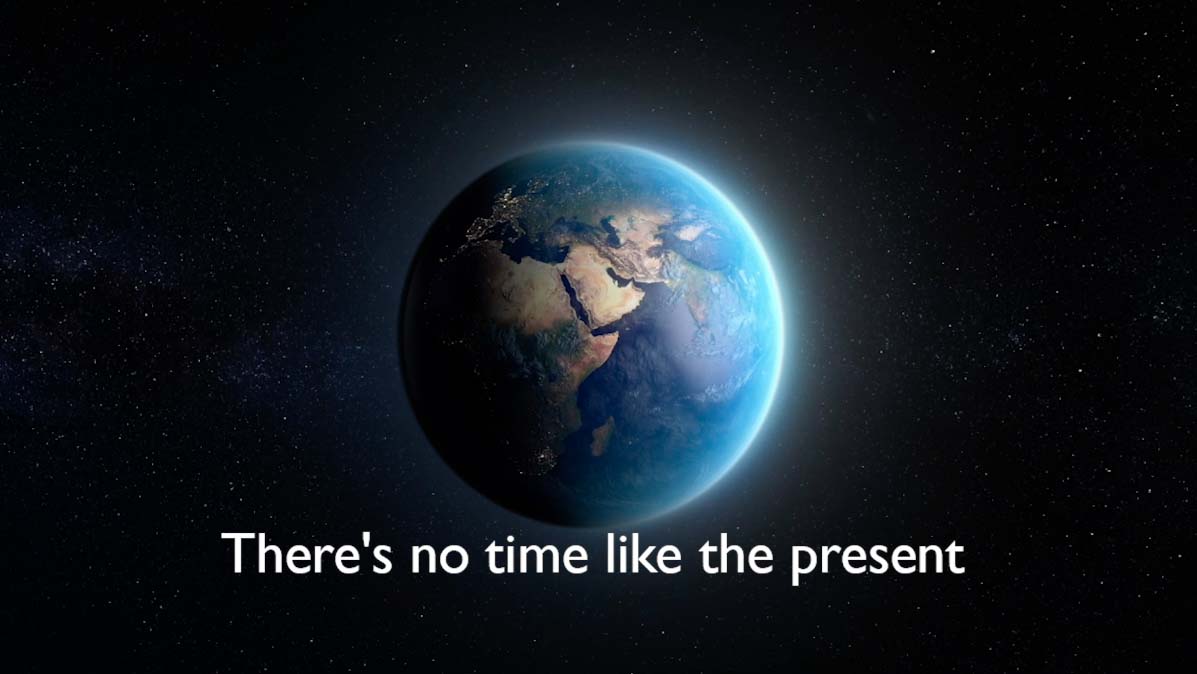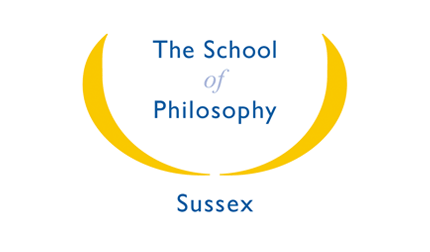10 week courses in Hove, Sussex
Practical Philosophy
Mindfulness, Stillness & Meditation
Courses in practical Wisdom, Happiness and Love for everyday living.
Practical life skills with enough toughness to last a lifetime.
Next course: Philosophy and Happiness
Starts 13 May 2025
Free Introductory Evening: 6 May 2025 at 7:30pm
Philosophy aims to set you free. Free from pressures and worries, free from limiting ways of thinking, free to grow and be yourself. Take your first steps to freedom with our 10 week course.
A Sat Nav for Life: Practical Philosophy & Mindful Living helps you to find direction in life.

Local Course
Face-to-face course available in Hove, Sussex
Peace of Mind
A safe space with a group of people supported by experienced tutors who are also journeying in Philosophy.
Practical Wisdom
Courses in practical wisdom for everyday living in the company of like minded people.
Offer only £70
10 week course only £70. Full-time students £30. Limited spaces.

“Absolutely loving the course!! …Really changing how I think about things and life in general.”
These popular courses are practical rather than academic and draw on sources of wisdom from East and West, past and present.







Explore Life To The Full…
The aim of this online course is to offer a practical means to discover fully who we are, understand how to relate to the world we live in and see what gets in the way of being happy, peaceful and free.
Students are invited to see life as a place to test the words of the wise through practical and mindful exercises.

“The daily awareness exercises … have changed my thinking and I feel more relaxed about situations in the media and other aspects of my daily life.”
10 weekly sessions
The ten weekly sessions explore central human questions through discussion, practical observation, conversation and reflection in good company.
Self-enquiry through practical philosophy
Themes explored in this 10 session ‘Practical Philosophy & Happiness’ course…
How do we seek happiness? True happiness and unity: ‘May all be happy’ as an intent. Tolstoy: happiness through serving one’s neighbour. Observation, the conscious perceiver and the present moment.
Is happiness natural? Analogy of light bulbs. Relationship between happiness and law.
Bentham, Mill. Gandhi’s criticism and an alternative view to utilitarianism. The art of listening: practical exercise
Hedonism, Epicurus and Plato. Plato suggests two categories, necessary and unnecessary pleasures. Introduction to the Upanishads: finding satisfaction in oneself.
Divine goods: wisdom, self-control, justice and courage. Human goods: health, beauty, strength and wealth. Are these the way to happiness?
Introduction to Marsilio Ficino, renaissance philosopher. Key phrases inscribed on academy walls. Rejoice in the present. Richard Jefferies
Introduction to Lao Tzu: Tao Te Ching. Tea ceremony. Exploring effortless action.
Introduction to Patanjali and the 8-fold system of yoga, meditation, contentment. What about ambition? Finding happiness in work: 2 principles for finding happiness in work.
Two more principles for finding happiness in work. Practical exercise to discover more about the principles of work in action.
The connection between wisdom and happiness. Marcus Aurelius; you don’t need much to live happily. Review of the term.
Three forms of love: Eros, Philia, Agape. Pure love.
Love of life is fundamental to wellbeing but what does it mean?
Shakespeare, love is an ever-fixed mark. Love is the natural in-between.
Great debates in the forest on loving the essence. Experience of Viktor Frankl.
Circles of love, ideas of other, desire to control. Meeting all as if for the first time.
The meditations of Marcus Aurelius. Inner organ of mind.
Expressions of love from Sufi philosophers.
Choosing the emotional ground. Words of Epictetus and Phillis Wheatley.
Work for the sake of love, duty and reward.
If you want to be loved, then love. Love and wise law.
What is beauty?
Is there such a thing as absolute beauty?
Beauty has the capacity to open the heart and bring delight. In this session we discuss our direct experience of beauty in its different form: of the sensory world, of thought, of feelings, of the inner nature, and of conduct.
We consider Plato’s idea of there being ultimately one beauty – beauty absolute – ‘not knowing birth or death, growth or decay’.



How it works
A tutor presents philosophical ideas, and leads a discussion based on what arises in the group. Being practical rather than academic, the emphasis is on personal knowledge and experience. Students are encouraged neither to accept nor reject the ideas put forward, but to test them in practice for themselves, in the light of their own experience.

Next Foundation Level Course - Philosophy and Happiness
Free Introductory Evening
Register to find out more about the School, the course and meet the tutors.
- Tuesday 6 May 2025
- 7:30pm - 8:45pm
How to Register for Free Introductory Evening
- Step 1 - Click 'Register for Free'
- Step 2 - Enter details
- Step 3 - Receive your registration receipt by email.
Location
- The English Language Centre, Salisbury Road, Hove BN3 2GB
All Practical Philosophy courses are presented within a group discussion format led by experienced tutors over 10 weeks.
Course start date & time
- Tuesday 13 May 2025
- 7:30pm - 9:30pm
How to Enrol on the 10 week course
- Step 1 - Click 'Enrol Now' & Enter details
- Step 2 - Pay on the first evening of the course
- Step 3 - Receive your registration receipt and course details by email.
Find Us on the Map
Hove & Brighton
The English Language Centre, Salisbury Road, Hove BN3 2GB


Frequently asked questions
The course is practical in the sense that it takes philosophical ideas and shows how they can be of direct use in our everyday lives. The intention is to stimulate enquiry and through this expand the way we look at the world and ourselves.
Online by clicking the Enrol Today button on this page. You can also email us at:
If you register online, you will receive a confirmation email with your day of attendance. If you register by any means other than online, you will receive a receipt confirming your registration.
No, all you need is an open and enquiring mind. The course is intended for everyone, regardless of education, occupation, race, political or religious belief.
First you need to enrol on a course. The in-person courses are available locally, and also at many other local venues up and down the UK. A local map can be found on this page.
If you have any questions simply email us at

What some of our students say...

“Absolutely loving the course!! …Really changing how I think about things and life in general.”

“...I am benefiting greatly from the content and the practical nature of it. Thank you, it is enriching my life.”




“The daily awareness exercises … have changed my thinking and I feel more relaxed about situations in the media and other aspects of my daily life.”

"The knowledge and experience that I have gained from the philosophy classes has helped me to discover more about myself and better prepare for dealing with life's daily surprises and challenges."
